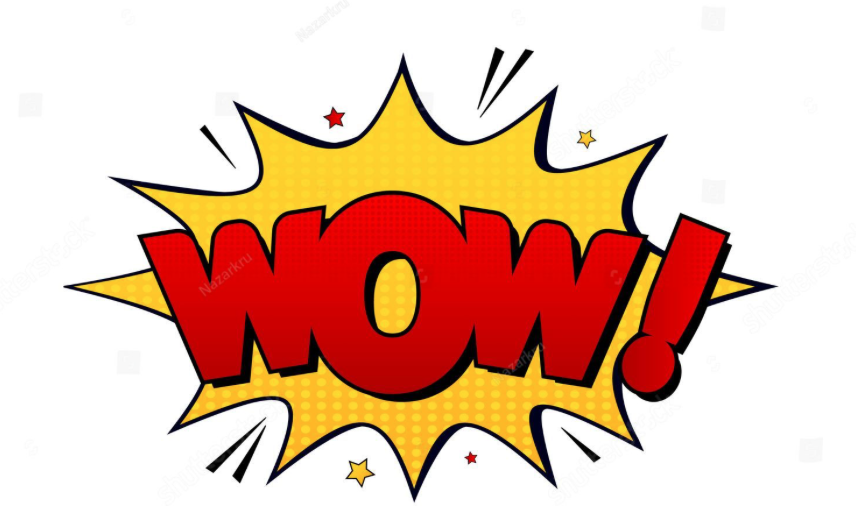In a historic move the Drug Enforcement Agency announced it plans to reschedule cannabis. Monumental shift in the marijuana industry.
After three years of waiting for President Biden to fulfill his promise of doing something about legal cannabis, the Drug Enforcement Agency (DEA) announced its plan to reschedule cannabis. This follows the recommendations from Health and Human Services (HHS) and the Food and Drug Agency (FDA). They are sending their recommendation to the White House Office of Management and Budget for review of the impact on the budget. The shifts acknowledged the medical benefits of cannabis and can pave the way for PTSD treatment for veterans, something the President and Senator Patty Murray (D-WA).
RELATED: Science Says Medical Marijuana Improves Quality Of Life
“Moving to Schedule III is the single biggest thing that can happen to the US cannabis industry. It removes the 280E tax burden, increases medical research, and opens the investor base. Today is truly a tipping point for this burgeoning industry.” declared Jesse Redmond, Managing Director at Water Tower Research.

“This historic move from the Biden Administration to reclassify cannabis from Schedule I to Schedule III reflects changes in the scientific and medical understanding of cannabis. It echoes moves in other countries around the world. Domestically, it lays the groundwork for federal tax benefits for the cannabis industry, as cannabis businesses will be treated like other businesses with regard to deductions and credits. It will also lower the costs and hurdles of conducting research on the plant and its products. Despite skeptics arguing that this spells the beginning of the end of the cannabis industry as we know, those doomsday scenarios fail to answer a basic question: why would the Biden Administration want to crack down on a substance that it classifies as “less dangerous” when it refused to crack down on the substance when it was a Schedule I substance? Little, if anything, will change at the state regulatory level, but that should not take away from the historic nature of this decision. Cannabis has been a Schedule I substance for 54 years, and despite multiple opportunities to reclassify it in decades’ past, today is the first time the US Government has been willing to say otherwise” shares John Hudak, Director, Maine Office of Cannabis.
Hudak is widely respected in the industry and has been a thought leader for the growing industry. The move reclassifies cannabis from Schedule 1 of dangerous drug with zero medical benefits to to Schedule III such as ketamine, Tylenol with codeine, and anabolic steroids. The timing is still unsettled, but there is hope it will have an impact in 2024. The industry as been struggling under schedule III despite a huge growth of consumers. This will also open the door more for mainstream companies to become involved in the market.
RELATED: Marijuana MicroDosing Can Improve Mundane Tasks
“While this is great news for the cannabis industry, it’s too early to break out the Champagne,” said Lonnie Rosenwald, Partner at Zuber Lawler, LLP. “We don’t know yet when rescheduling will occur, or, perhaps more important, when the tax changes will take effect. For companies and entrepreneurs considering entering the industry, rescheduling alone shoudl provide an incentive to launch their businesses. But existing cannabis businesses will have to wait to see whether they’ll be able to deduct business expenses on their 2024 or 2025 returns. We expect answers to these questions in the coming weeks.” says Lonnie Rosenwald, an attorney for Zuber Lawler, a national law firm which covers the cannabis industry.
This is a historic shift for the federal government and puts in more in line with the American Medical Association, most medical professionals, Canada and the general public.


 Cannabis News1 year ago
Cannabis News1 year ago
 One-Hit Wonders1 year ago
One-Hit Wonders1 year ago
 Cannabis 1011 year ago
Cannabis 1011 year ago
 drug testing7 months ago
drug testing7 months ago
 Marijuana Business Daily1 year ago
Marijuana Business Daily1 year ago
 Education1 year ago
Education1 year ago
 Cannabis1 year ago
Cannabis1 year ago
 Education1 year ago
Education1 year ago



























